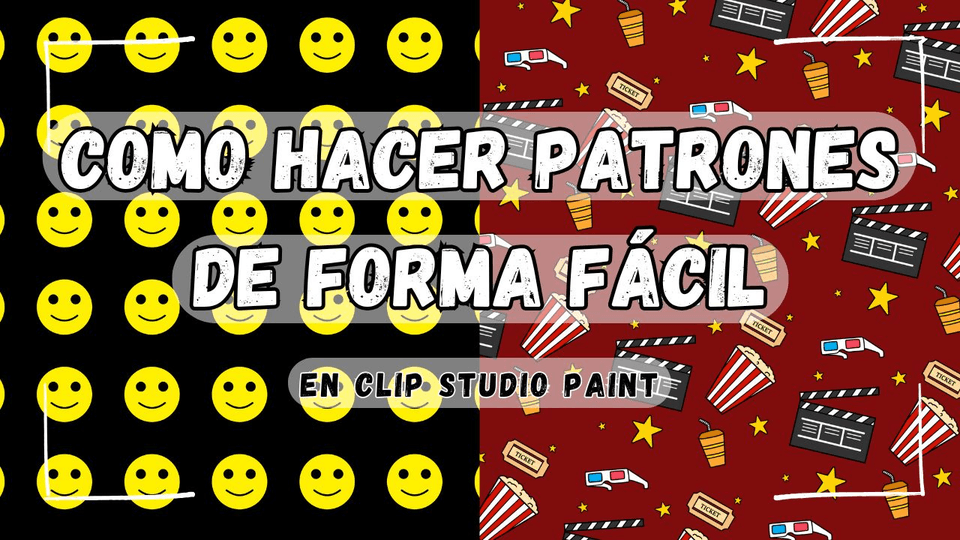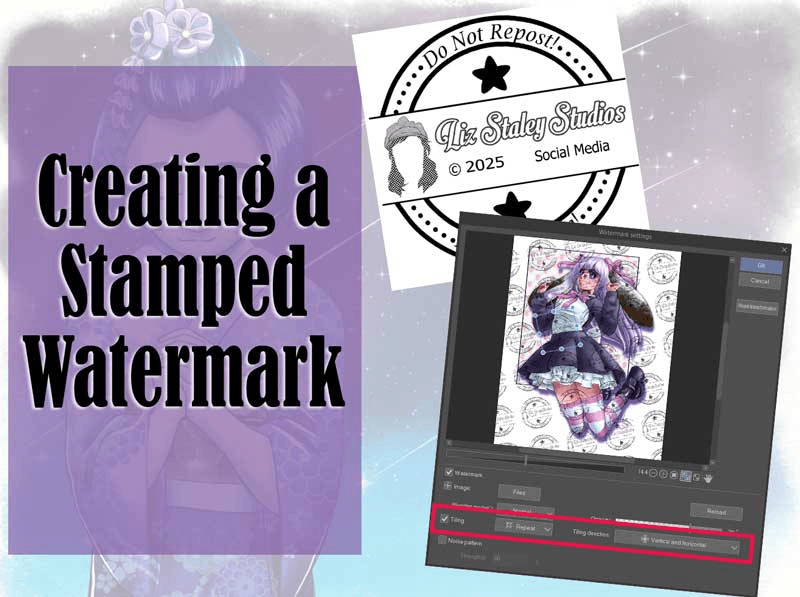Animate Like A PRO (Template Setup)
Nippon Animation has a workshop explaining how they manage their Anime pipeline with Clip studio paint, is quite interesting but is in Japanese with no subtitles so is hard to understand, but based on this pipeline I created my own process for animation, all the Auto Actions are translated to English and the process is simplified because the Anime pipeline is too complex. There is a Workspace settings for the Animation Pipeline shown next.
In the YouTube video, you can see the integration process of the Auto Actions, to transform it in to Clip Studio tools, and how to use them in a real project. Please watch the video or you will not be able to understand this tutorial in full.
In this tutorial, I want to explain how to install the templates and edit the presets to adjust the process to your workflow. You can download the files for this tutorial at the next link.
First I’ll explain how to install the Templates for Full HD and 4K, in the .ZIP file open the document <A4(FullHD)Template.clip>, I’ll explain for Full HD, but the process is the same for the 4K file. In the file, there are three main parts, a folder called Frames, for scan images or references. An animation folder called “template” with the structure of the animation cels, inside there is a folder cel “1” and 7 layers inside, Black, Red, Blue, Green, Light, Shadow and Colour. You can add a layer to this template and the buttons for the A to G cels will conserve the changes, but be aware that changing names or erasing layers can affect or damage some of the auto actions in this pack, especially in the Rough Cels tools.
This step is personal, but I’ll advise you to create your own logo or Company name, and merge the logo with the Header layer to keep everything clean. This will create a personal template for you and it will feel more professional. Remember to change this layer to Draft layer to keep it invisible in the render.

To use the file A4(FullHD)Template.clip as a template, go to Edit/Register material/Template, find or create a folder where to place the material, if you can, write a Tag to make the process of finding the template in the material library easier.
Create a new animation file, in the setting use the same values that in the previous image, these settings are available in the File <A4(FullHD)Template.clip>. Select the Template that we just created like is shown in the next gift, and before you press the OK button, let’s create a preset.

Press the button Save preset in the Preset area, and name the preset, press OK and the preset is ready, so every time you need to animate just select the preset, and everything will be configured to your liking.

There are 110 Auto Actions in the two .LAF files, the first one is called <Animation Pipeline ver02.laf> and contain the animation workflow, and the second is <Animation Pipeline Additionals V02.laf> to have an automated action that selects, hides or displays the layers inside the animation cell folder. This was done to speed up the animation process when, for example, want to work on a specific layer in all frames, or if you want to hide or show multiple layers of the animation. One of the situations where it is useful to hide layers is when you make inbetweening and the shadow lines are distracting for the drawing of the net cel or if you already put color and need a in/between, the onion skin does not work with well with background color, then you can hide the color layer so the animation would not have background colors. To understand the methodology please visit the YouTube video.
Thank you, If you have any questions please ask, I will try to answer all of them.
























Comment